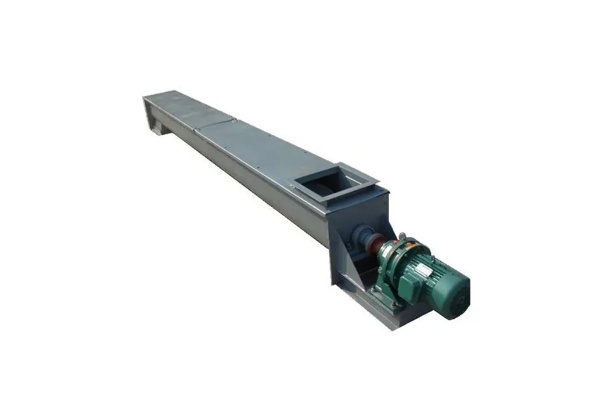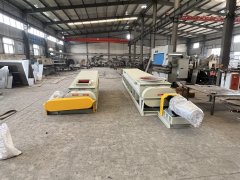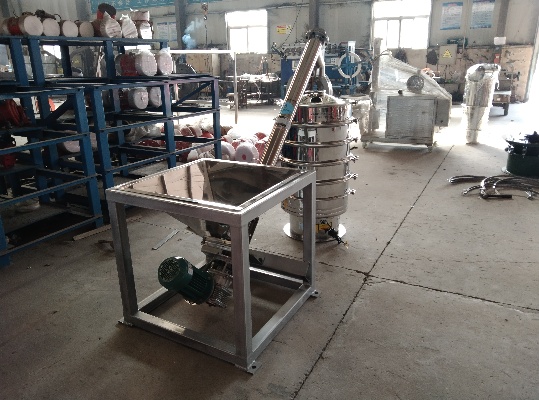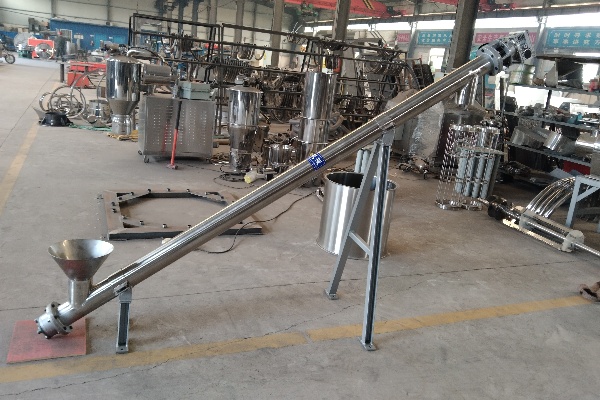Helix conveyor price
Wednesday July-09 2025 10:10:00
The price of Helix conveyor varies greatly, mainly because of the significant differences in a variety of specific conditions. Generally, the price of its equipment ranges from US$200 to US$9,000, mainly affected by the material selection of the equipment, the specific specifications and dimensions, the type of structure adopted, the core drive system configuration, and whether any additional functions or special configurations are included. Changes in these factors are directly reflected in the final manufacturing cost. Therefore, these core influencing factors need to be carefully considered to ensure that the selection of equipment is consistent with the actual operation needs.
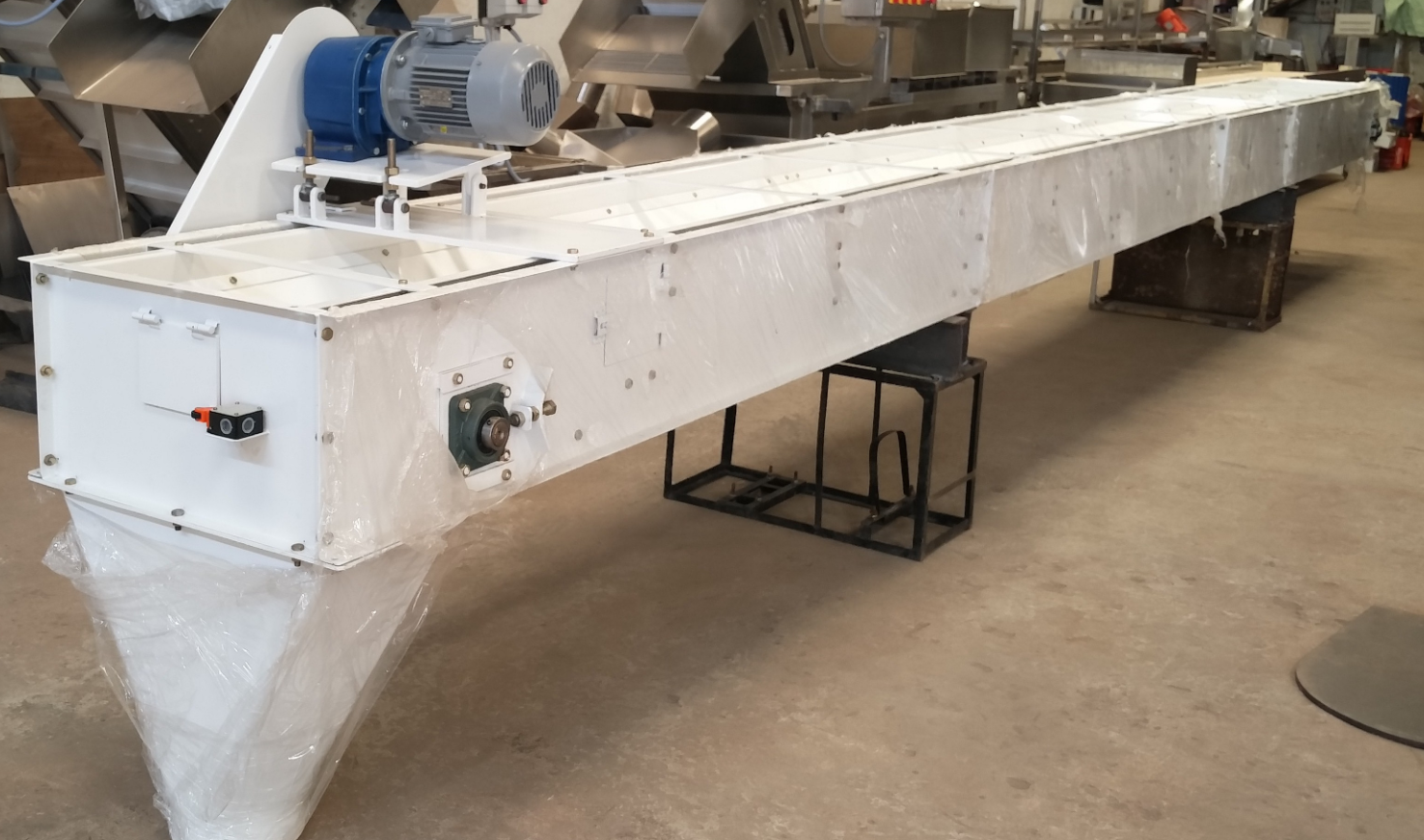
What are the types of Helix conveyors?
The price of Helix conveyor varies greatly, mainly affected by factors such as material, specifications and dimensions, structural complexity, drive system and additional functions. Different types of Helix conveyors focus on these aspects:
Axis Helix conveyor
Price range: This is a common type in the market, and the standard model of carbon steel axis Helix conveyor is relatively low in price. If stainless steel materials (such as food grade, chemical grade) or large-scale, long-distance equipment are required, the price will increase significantly. When handling conventional bulk materials and not requiring high winding properties, axis Helix conveyors usually provide higher cost performance.
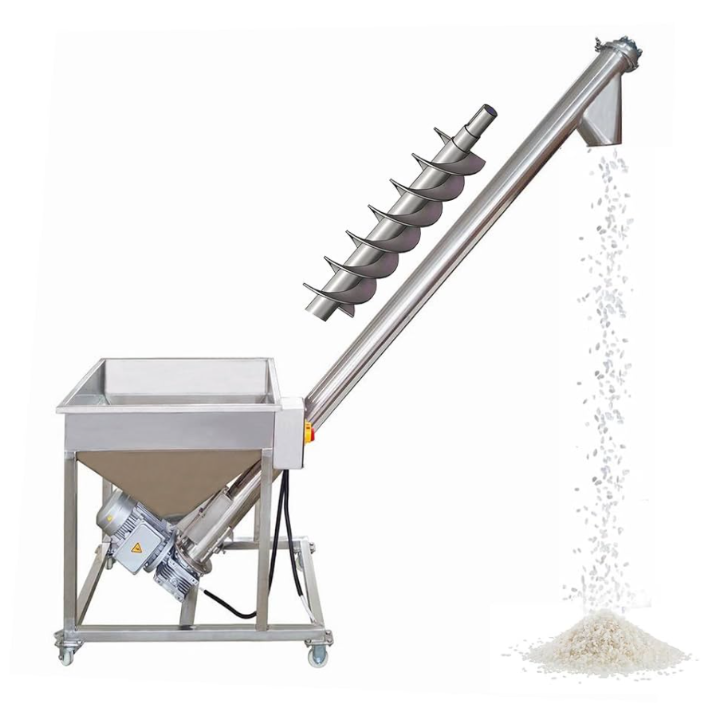
Shaftless Helix Conveyor
Price Range: Due to its special shaftless helix manufacturing process, thicker U-shaped trough and generally more robust drive system, the price of shaftless Helix Conveyor is generally higher than that of shafted conveyor of the same length and diameter. Its higher price reflects its unique advantages in handling sticky and winding materials and lower maintenance requirements.
Vertical Helix Conveyor
Price Range: Due to the complexity of design and manufacturing (such as high-speed operation, prevention of backflow, etc.), the price of vertical Helix Conveyor is generally higher than that of horizontal or inclined conveyor of the same conveying capacity.
Customization and Special Features: Any customized requirements beyond the standard configuration (such as high temperature resistance, corrosion resistance, explosion-proof design, integrated weighing system, complex control system, etc.) will greatly increase the price of different types of Helix Conveyor.
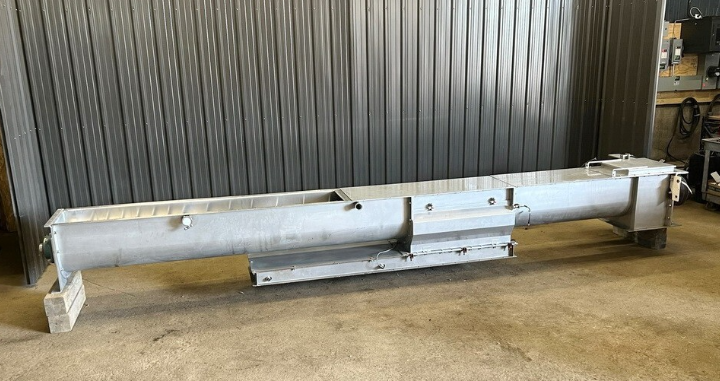
What are the factors affecting the price of Helix Conveyor?
The price of Helix Conveyor is affected by a combination of factors, which cover all aspects from material characteristics to equipment configuration.
Abrasiveness: Conveying highly abrasive materials (such as ore and coal slag) requires more wear-resistant spiral blades and liners, which will increase costs.
Corrosiveness: Conveying corrosive materials (such as acid and alkali solutions, certain chemical products) requires stainless steel (such as 304, 316L) or other special anti-corrosion materials, which significantly increases the price.
Viscosity: Conveying highly viscous materials (such as sludge and syrup) may require a shaftless Helix conveyor or a belt-type spiral blade, which has a more complex structure and a higher price.
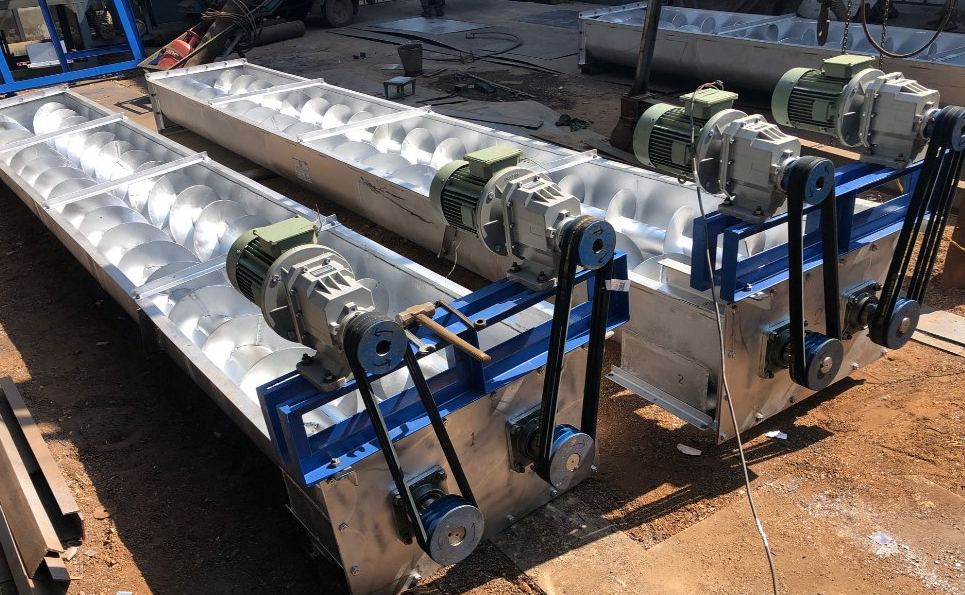
Temperature: Conveying high-temperature materials requires special high-temperature resistant materials, bearings and seals, which increases manufacturing costs.
Density and particle size: Materials with high density and uneven particle size may require a more robust structure and a more powerful drive device.
Conveying length: The longer the conveyor, the more materials are required, the more intermediate supports and connecting parts are required, and the price increases accordingly.
Spiral diameter: The larger the diameter, the stronger the conveying capacity, but at the same time, it requires a thicker shaft, a larger housing and a more powerful drive system, and the cost increases accordingly.
Conveying capacity: Meeting the demand for higher conveying capacity usually means requiring a larger spiral diameter and faster speed, which increases the cost of the equipment.
Conveying direction and angle: Horizontal conveyors have the lowest cost; inclined conveyors need to consider the problem of material fallback, and the design will be slightly more complicated; vertical Helix conveyors are usually the most expensive due to their special structure and high requirements for motor speed and power.
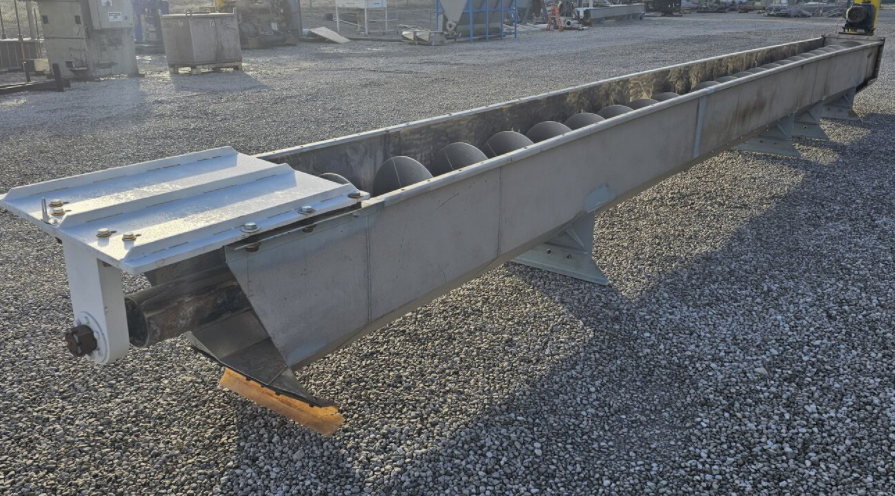
In summary, the specific price of Helix conveyors is affected by the above factors. For specific operation requirements, clearly defining the material properties, conveying capacity, equipment length and diameter, and specific requirements for materials and functions is the key to obtaining an actual quotation. Equipment manufacturers will provide corresponding technical solutions and cost estimates based on these parameters. In addition, different suppliers may focus on technical expertise and production capacity, resulting in certain differences in prices for the same functions.
